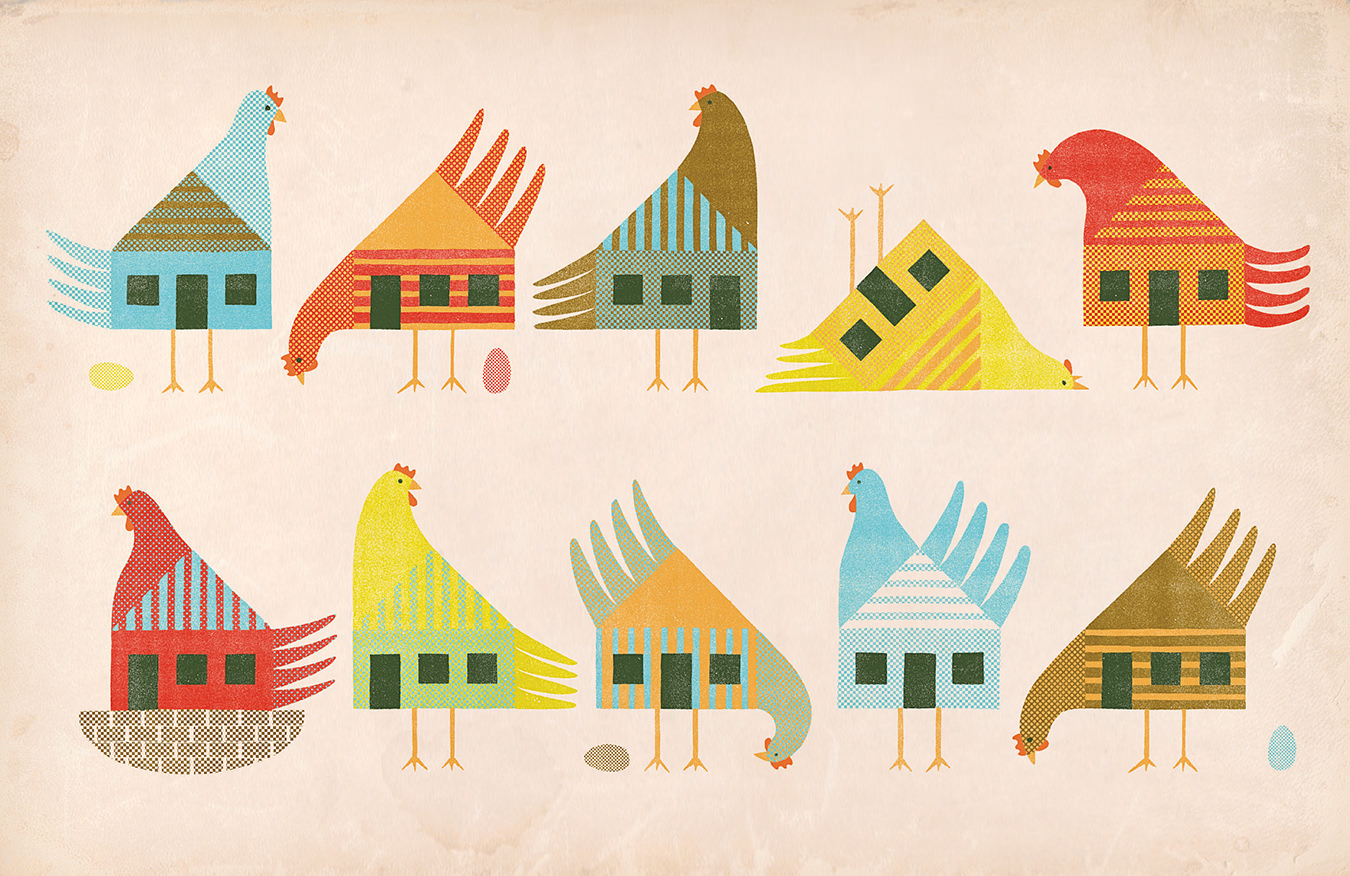How to Stop Checking the News Every 5 Minutes
Or at least try it.

I wake up. I should get up, wash my face, and walk the metre to kitchen to make breakfast. But I don’t. I reach, without looking, for my phone and open up Twitter or one of my preferred news outlets (I usually start with the local and save the global headache for at least mid-morning). I then proceed to check the news several times throughout the day, often reloading the page even though I know nothing new will appear. While there is not a dearth of coronavirus coverage, often news outlets seem to simply repeat the same things, and I read all of it, hoping that some message of hope will be slipped in amongst the staggering data.
This habit did not start during the COVID-19 quarantine, nor do I think it will end afterward. Working in digital media means having an almost intimate relationship with your phone, as it is often the first thing you see when you wake up and the last before you close your eyes to sleep.
Before, this habit seemed a tangential problem, something to deal with down the line. But with the heap of anxiety that comes from thinking about the overwhelmingness of it all, being tied to the screen can be even worse for mental health. Without socializing to escape the screen, I find myself checking the infection numbers like someone monitoring a game they have a lot of money riding on. The problems are all compounded.
I realize that I need to give myself a break, especially because it’s hard to focus on anything while in the throes of screen-bound depression. Here are a couple of strategies that have helped me and I hope will work for you.
1. Interact with art online
I won’t go too much into the different online activities that you can do to distract yourself from being unable to see stuff in person. We put together a list of digital activities, art galleries, and concerts online. You might still be looking at a screen, but at least you’re not thinking about how long you’ll be inside.
2. Read books
Especially on paper. Read what you love and what takes you the furthest away from the present. Words from the past can often put the present in perspective.
3. Pick an outlet
Everyone is covering the crisis. Pick a journalist or source (or two) you like and trust and try to limit your news to them. It’s good to be rounded, but sometimes hearing the same thing from 10 different people can be overwhelming. If you don’t already, try investing in a subscription (print or digital). That way you can support an outlet and really commit.
4. Turn your phone off
Easier said than done.
5. Throw your Internet router out the window
Okay, don’t do this. But it’s definitely satisfying to imagine.
6. Limit your screen time
There are lots of good apps that will remind you that you’ve been using your phone too much.
7. Explain the news to someone else
Many people think that teaching is the best way to learn. Call a relative who is not as informed or who is equally worried. Explain to them as best you can what you think is going on, and you will feel that you better understand it yourself. And hopefully, won’t feel the urge to look as often any more.
8. Set boundaries around the conversations you’re having
Communicating with loved ones is important, but maybe discuss with them that during your phone call check-ins you don’t need to be talking about the virus.
________
Never miss a story. Sign up for NUVO’s weekly newsletter here.




